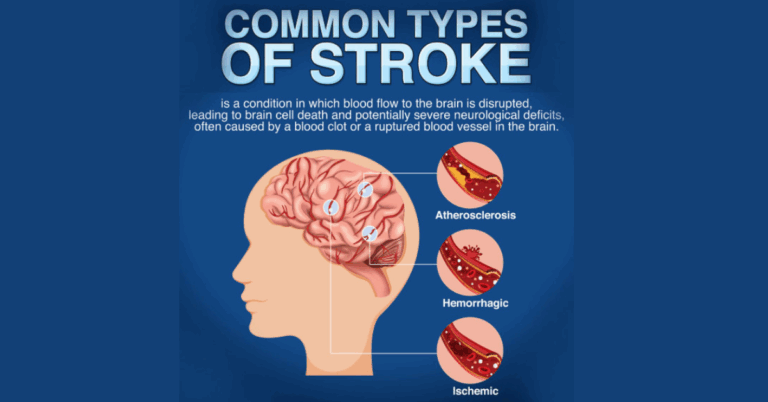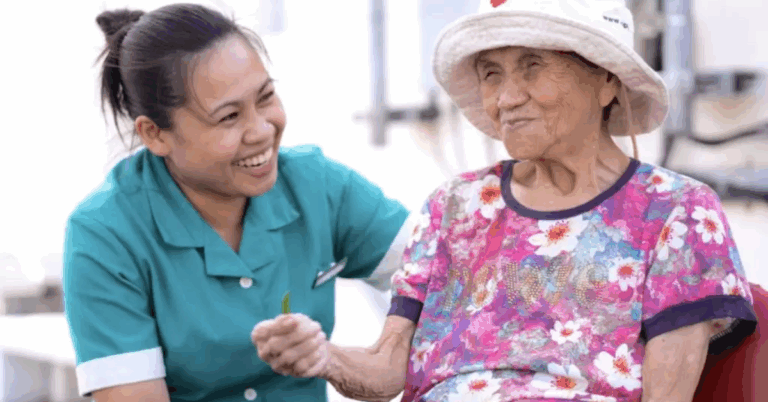Respite Care in Singapore: A Vital Support for Family Caregivers
Caregiving is a noble and emotionally fulfilling role, but it can also be physically exhausting and mentally overwhelming. Whether you’re looking after an elderly parent, a loved one with dementia, or someone recovering from illness, the responsibility often becomes a full-time commitment. That’s where Respite Care Singapore becomes not just useful, but essential.
Respite care provides temporary relief for primary caregivers, allowing them to take a break—whether for rest, personal errands, or urgent commitments—while ensuring their loved one continues to receive the care and attention they need.
What Is Respite Care?
Respite care refers to short-term caregiving services provided to individuals with health or personal care needs, typically while their primary caregiver takes time off. It can range from a few hours a day to several weeks, depending on the family’s situation.
Respite care services can be delivered:
-
In the person’s own home
-
At a day care centre
-
In a residential care facility
-
Through professional home care providers
The goal is to offer reliable, high-quality support to the care recipient while giving the caregiver peace of mind and the chance to recharge.
Who Needs Respite Care?
Respite care is beneficial in various scenarios, including:
-
Family caregivers needing rest or personal time
-
Caregivers going on holiday or dealing with emergencies
-
Post-hospital patients who need extra support temporarily
-
Elderly individuals living alone, who benefit from occasional care and companionship
-
Dementia or mobility-impaired patients, who require constant supervision
Respite care ensures that no break in care occurs, even when the primary caregiver steps away.
Types of Respite Care Services in Singapore
Depending on the needs of the care recipient and caregiver, Singapore offers several types of respite care options:
1. Home-Based Respite Care
This service brings professional caregivers or nurses into the home for a few hours, overnight, or even for several days. It allows the care recipient to remain in familiar surroundings while receiving attentive support.
Common Services Include:
-
Assistance with bathing, feeding, and toileting
-
Mobility support
-
Medication reminders
-
Companionship and mental stimulation
Ideal for: Families who prefer home care or need short breaks.
2. Day Care Respite (Elderly Day Centres)
These centres offer care during the day, usually from morning to early evening. Seniors engage in social activities, light exercises, meals, and therapy.
Ideal for: Working caregivers who need daytime support during office hours.
3. Residential Respite Care (Nursing Homes)
Short-term stays in a nursing home or care facility for several days or weeks.
Ideal for: Longer caregiver breaks, such as travel or medical procedures, or when full-time support is temporarily unavailable.
4. Hospital or Hospice Respite
Offered in some hospitals or hospices for patients with advanced illnesses or post-surgery needs.
Ideal for: Complex medical cases requiring skilled nursing care in a medical setting.
Benefits of Respite Care
For the Caregiver:
-
Physical rest and recovery
-
Reduced stress and burnout
-
Improved mental well-being
-
Time for personal needs, family, or social life
For the Care Recipient:
-
Continued routine and support
-
Social engagement with others
-
Safe and professional care environment
-
Opportunity to interact with new caregivers or peers
Many families report that respite care strengthens the overall caregiving relationship, preventing frustration and emotional fatigue.
Cost of Respite Care in Singapore
Respite care prices in Singapore vary based on the type and duration of service. Here’s an approximate breakdown:
| Type | Cost Estimate |
|---|---|
| Home-Based Respite | $25 – $40/hour |
| Day Care Centre | $60 – $90/day (before subsidies) |
| Residential Respite (Nursing Home) | $120 – $200/day |
| Overnight Respite (Home) | $180 – $280/night |
Government Subsidies
Several schemes help offset respite care costs:
-
Home Caregiving Grant ($250/month for eligible households)
-
Subsidies via Agency for Integrated Care (AIC), based on household income
-
Foreign Domestic Worker Levy Concession
-
CareShield Life payouts for severe disability
These can significantly reduce out-of-pocket expenses for eligible families.
How to Apply for Respite Care in Singapore
To access subsidised respite care services, families typically go through the following steps:
-
Assessment by a General Practitioner (GP) or hospital
-
Referral through the Agency for Integrated Care (AIC)
-
Choice of preferred care provider (day centre, nursing home, home care)
-
Application for financial subsidies
-
Booking and confirmation of service dates
For urgent or private arrangements, many families also choose to engage directly with licensed home care agencies, such as iKare Home.
Choosing a Respite Care Provider: What to Look For
When selecting a respite care provider, consider the following:
1. Accreditation and Licensing
Ensure the provider is licensed by the Ministry of Health and staffed by trained caregivers or nurses.
2. Range of Services
The provider should offer flexible durations—hourly, overnight, or live-in—and tailor care based on the patient’s condition.
3. Quality and Compassion
Look for providers with well-trained, empathetic staff who respect the care recipient’s dignity and preferences.
4. Reviews and Reputation
Seek testimonials, family feedback, and provider history before committing.
Respite Care with iKare Home: Trusted Relief When You Need It Most
At iKare Home, we understand the responsibilities of caregiving—and the importance of taking a break without compromising care.
Our respite care services in Singapore are designed to give family caregivers temporary relief, while ensuring their loved ones receive consistent, professional, and compassionate attention.
What We Offer:
-
Part-time or overnight home care
-
Live-in caregiver replacements
-
Support for seniors with dementia, stroke, or mobility challenges
-
Qualified caregivers and nurses matched to your loved one’s needs
-
Flexible packages tailored to your schedule and preferences
Whether it’s for a few hours or several days, iKare Home provides seamless continuity of care, giving you peace of mind and your loved one the quality attention they deserve.
Frequently Asked Questions (FAQ)
What is the minimum duration for respite care?
Respite care can range from as short as 2 hours to several weeks or months, depending on the provider. At iKare Home, we offer flexible options starting from hourly visits.
Can respite care be used for dementia patients?
Yes. Many respite care programs, including ours, provide specialized support for dementia care, including behavior management, safety monitoring, and cognitive engagement.
Is respite care only for elderly patients?
No. Respite care supports anyone needing temporary care, including younger adults with disabilities, patients recovering from surgery, or individuals with chronic conditions.
Do I need a referral from a doctor?
For subsidised respite care, a doctor’s referral and needs assessment are typically required. However, private respite care services (like those offered by iKare Home) can be arranged directly without referral.
Can I use my Home Caregiving Grant for respite care?
Yes. The Home Caregiving Grant can be used to offset the cost of home-based respite services for eligible care recipients with moderate to severe disabilities.
Final Thoughts
Respite care in Singapore is more than just a service—it’s a lifeline for families. Taking a break from caregiving is not a luxury; it’s a necessity that safeguards your well-being and strengthens your ability to continue caring long-term.
At iKare Home, we’re committed to supporting caregivers by offering flexible, affordable, and trustworthy respite care. Whether you need a few hours off or coverage for an extended period, we’re here to help—because caring for yourself is also part of caring for your loved one.







